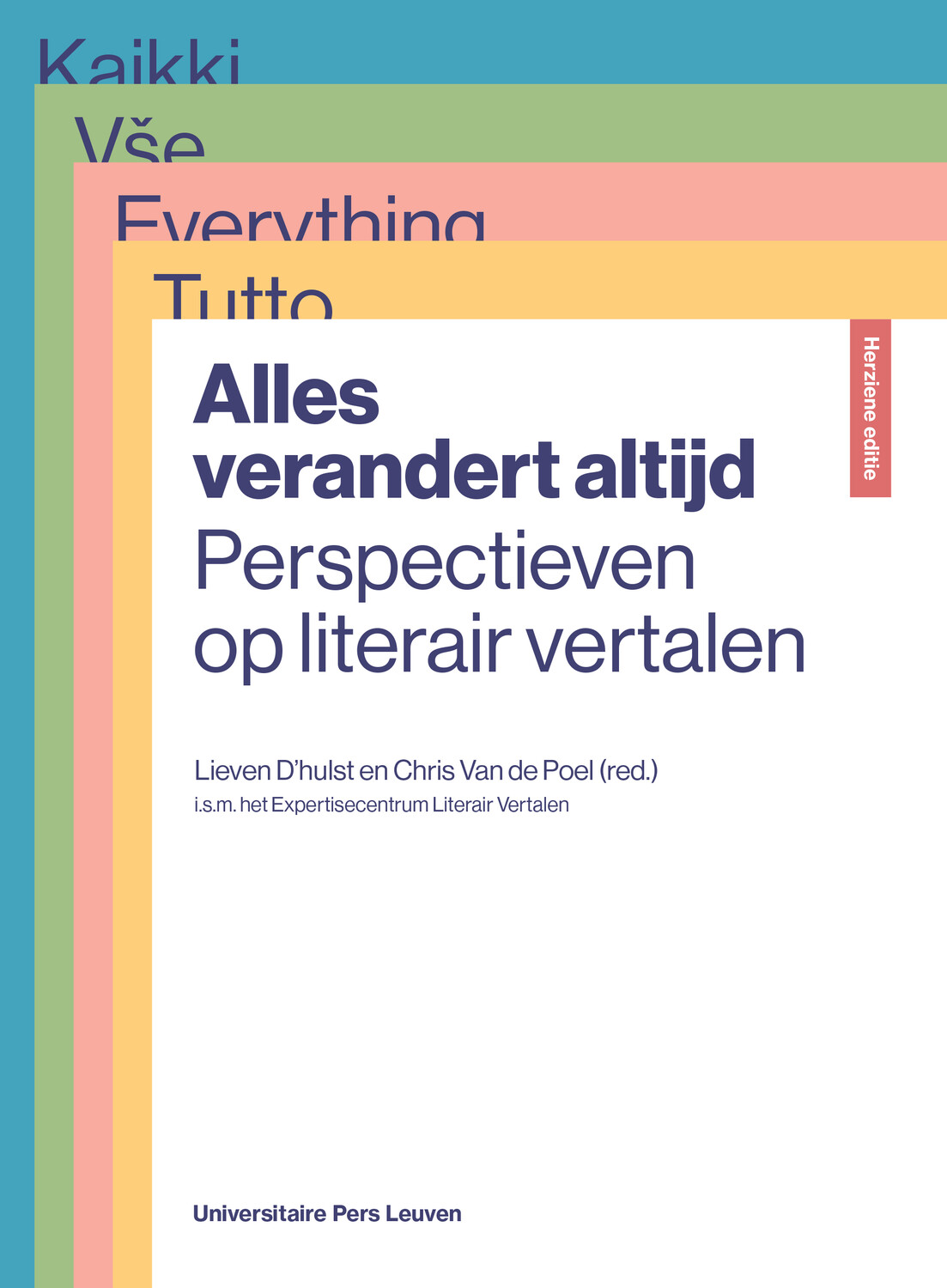Today's challenge is to make modern international development cooperation a principled approach that seeks win-wins wherever possible, in tandem with programmes that address long-term structural challenges and promote the interests of more vulnerable partners.
'International Development Cooperation Today' reviews 60 years of international development aid and its relevant actors, outlining today’s challenges and opportunities. The editors Patrick Develtere, Huib Huyse, and Jan Van Ongevalle point out the radical shift from the traditional North-South perspective to a global paradigm.
Briefly and concisely explain in plain language what the book is about.
We advance the hypothesis that international development cooperation as a concept that is mainly focused on financial transfers from the ‘rich North’ to the ‘resource-poor South’ has become obsolete and cannot provide inspiration to tackle the challenges of our times. Globalisation is now setting the tune. New actors that previously did not show any or only little interest in international cooperation have entered the scene and prompt a new paradigm. Think of foundations and the private sector that have motives for being active in international cooperation that differ from those of traditional bilateral development agencies, international organisations or specialised NGOs. Think also of emerging donors such as China or Turkey that introduce new kinds of projects and programmes. Globalisation and the arrival of a multitude of such new actors mean that the new paradigm is becoming increasingly dominant. The new narrative and the new thinking involve a whole-of-societyapproach, the use of opportunities, shared interests or win-wins, new tools other than aid as well as taking risks. The conventional development cooperation specialists are still reflecting on how to engage with these new actors, instruments and principles. From a development perspective, one of the key questions that is still unresolved is under what conditions trending concepts, such as win-win and the mobilisation of private sector resources, can ultimately improve the lives of the most vulnerable and resource-poor. The book explores some of the opportunities and pitfalls in this debate.
What or who inspired you to choose this topic?
The three of us have been active in international development cooperation for years. We have experienced how the original paternalistic idea of development aid has been succeeded by a more balanced option for development cooperation. For about two decades, we have witnessed the overhaul of traditional thinking and conventional practice in the sector. We have seen how new actors have stepped onto the scene. Our own research has provided evidence of the transformative power of this evolution and has shed light on the many innovations this brought about, but has also revealed the many new pitfalls and risks this new paradigm brings along.
Do you have any reading suggestions to share (books, blogs, journals, ...) for anyone who wants to know more about the subject?
Apart from the many excellent academic journals we could recommend, such as World Development or Development in Practice, many inspiring discussions are ongoing within the sector itself. Take, for example, what the Oxfam blogger Duncan Green is presenting on a daily basis at From Poverty to Power, or, the policy blog of the Center for Global Development, and the newsletters and platforms offered by the Broker.
How did the writing process for this book go? Did you experience anything surprising, amusing or strange?
While researching for and writing the book ,we realised that the evolutions towards a new paradigm were taking pace. Many new actors, but also traditional ones, were saying and doing things that were very novel. In September 2018, for example, nobody expected European Commission President J.-C. Juncker to say something about international cooperation during his State of the European Union. But he launched a new Africa – EU Alliance. He said: “To speak of the future, one must speak of Africa – Europe’s twin continent. Africa is the future: By 2050, Africa's population will number 2.5 billion. One in four people on earth will be African. We need to invest more in our relationship with the nations of this great and noble continent. And we have to stop seeing this relationship through the sole prism of development aid. Such an approach is beyond inadequate, humiliatingly so. Africa does not need charity, it needs true and fair partnerships. And Europe needs this partnership just as much.”
What would you like readers to remember about your book?
We hope readers will remember that the development cooperation sector has made a real difference to the lives of many in the South.. But also that times are changing and that our approach to international development cooperation today and in the near future has to be different. Today's challenge is to make modern international development cooperation a principled approach that seeks win-wins wherever possible, in tandem with programmes that address long-term structural challenges and promote the interests of more vulnerable partners.
 International Development Cooperation Today
International Development Cooperation TodayA Radical Shift Towards a Global Paradigm
Patrick Develtere, Huib Huyse, and Jan Van Ongevalle










































